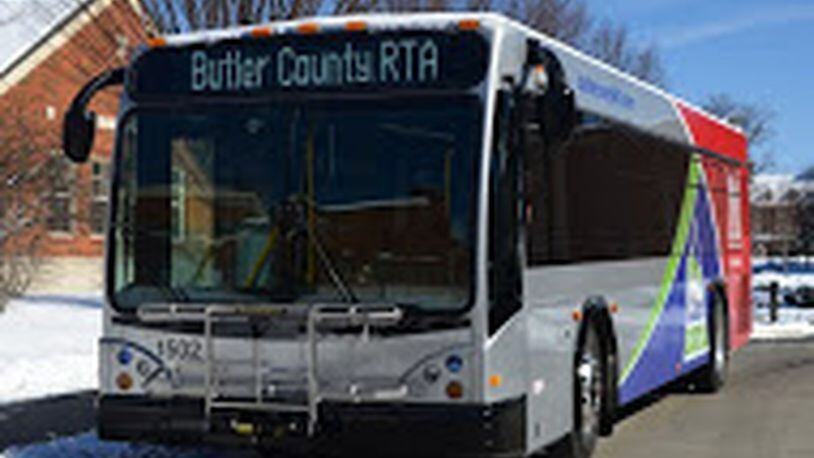RELATED: Partial government shutdown impacting food and brew
There is food stamp funding in place through January, but because of a federal edict the local public assistance agencies have to get recipients’ cards loaded with funds for February by Jan. 20. Bill Morrison, executive director of the county’s Job and Family Services, said he is worried people will think the extra money is a bonus of some sort and overspend their benefit, potentially leaving them with nothing next month.
“It’s not like a bonus or a gift. We’re a little concerned people will think, ‘Gosh that’s great, I got a lot more food stamps, I can go out and buy a lot more food,’” Morrison said. “There will not be any other allocation that occurs in February so people need to budget their food stamps so it’ll last them through February.”
Funding for the United States Department of Agriculture expired on Dec. 21 when the shutdown began. As the stalemate dragged on, a message from the USDA said it passed a “continuing resolution” giving it authority to fund food stamp obligations for another 30 days, hence the Jan. 20 funding deadline.
Morrison said his department distributes about $4 million per month worth in food stamps — the money comes directly from the national government — so if the shutdown lasts into March it will be a problem.
However, Commissioner Don Dixon said the county is in a financial position to help out, perhaps picking up some of the food stamp tab for the most needy. The county has about $50 million in reserves.
MORE: Butler County land bank out $620,000 due to missed deadline
“Temporarily it’s going to (mess) the budget up and it’s going to mess up a lot of the programs, there’s no doubt about it…,” Dixon said. “The county will have to step in and do what we have to do to see that those needs are met and then we’ll get our money back.
“The good news is we’re able to do it financially, the bad news is it’s pretty much uncalled for. But it’s another one of those issues where we don’t have any say in the game, we just have to live by the rules and then try and make up for what they can’t do.”
The shutdown is also having an immediate impact on the BCRTA. Executive Director Matt Dutkevicz said about a third of its funding comes from the federal government.
“We spend and they reimburse us, we usually get reimbursements within a day or two, but there’s nobody there to process those reimbursements,” Dutkevicz said. “So we’re not able to draw any of our federal money when we expense any of those items.”
He said the department also relies on about $800,000 — out of a $6 million annual budget — in federal funding to pay employees. But his board requires a reserve, so it has about two or three months of “working capital” in the bank to cover the shortfall temporarily.
There are two replacement buses expected to arrived in February at a cost of $500,000 each for which the county might not be able to pay.
“I will not be able to draw any of that money if they don’t open back up, so that will be problematic,” he said. “Because I don’t keep that kind of money in the bank.”
Morrison said JFS is only allowed by law to keep about 10 days of operating money on hand. He said he has been told at least one month of administrative money to pay staff is guaranteed.
“If at some point in time that stops then we’re left with only difficult decisions…,” he said. “This is all kind of uncharted territory at this point.”
Only about 15 percent of the Children Services budget comes from federal funds, as the bulk of financing comes from a levy. The portion that is reimbursable from the federal government issafeguarded in the Family First Act, Morrison said. Medicaid funds — which funds numerous programs — are unaffected, he said.
The Board of Developmental Disabilities also relies heavily on Medicaid, so Superintendent Lisa Guliano said the agency appears to be unaffected by any service disruption.
About the Author
